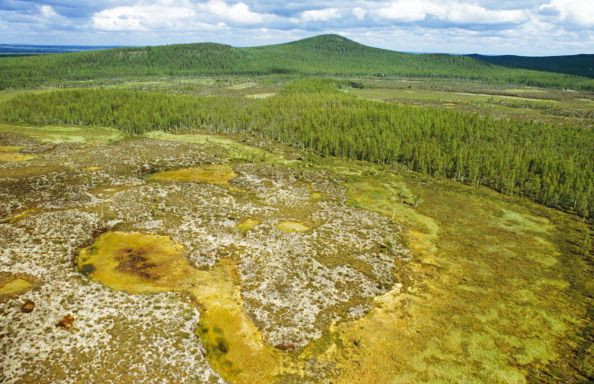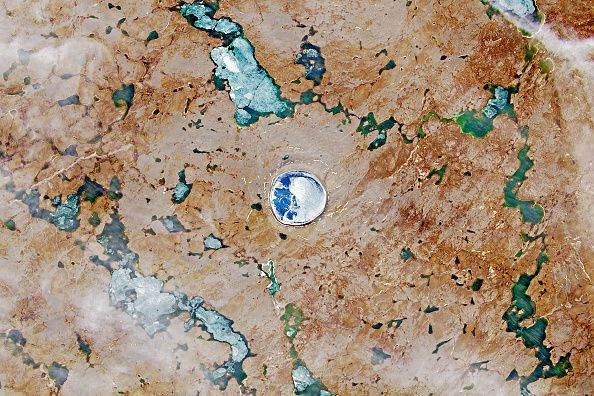Dangerous Asteroid Could Hit Earth At Any Moment, Scientist Claims

According to a prominent astrophysics professor from Queen’s University in Belfast, Ireland, an asteroid strike to Earth is a matter of time, reported the Belfast Telegraph Wednesday.
Professor Alan Fitzsimmons issued this warning because of Asteroid Day, which is held on June 30 to remember the 1908 Tunguska event in Siberia. On June 30, 1908, an explosion hit the region surrounding the Podkamennaya Tunguska River in Siberia. It destroyed 800 square miles of the forest and ripped 80 million trees from the ground.
Read: Stephen Hawking Predictions 2017: Humans Must Build Mars Colony Or Go Extinct On Earth
For years, the cause of the explosion was unknown, but the most widely accepted conclusion was that a space rock hit Siberia. The object weighed 220 million pounds and generated the energy equivalent of 185 Hiroshima bombs.
Fitzsimmons said that a similar, possibly more dangerous asteroid could hit earth today and destroy a city. He and other experts planned to hold a debate that can be livestreamed on June 30 to answer questions via various social networks.
“Astronomers find Near-Earth Asteroids every day and most are harmless,” Fitzsimmons said. “But it is still possible the next Tunguska would take us by surprise.”
Tunguska is a well-known phenomenon within the space community.
“If you want to start a conversation with anyone in the asteroid business, all you have to do is say Tunguska,” said Don Yeomans, manager of the Near-Earth Object Office at NASA’s Jet Propulsion Laboratory. He is among those who study potentially harmful comets and asteroids in relation to Earth.
“From a scientific point of view, I think about Tunguska all the time,” he said.
However, he added, “The thought of another Tunguska does not keep me up at night.”
In early June 2017, a group of astronomers from the Czech Academy of Sciences addressed the increased risk that Earth will be hit by an asteroid from a newly discovered branch of the Taurids meteor stream. Members of the new branch were on the International Astronomical Union’s list of “potentially hazardous” asteroids. According to the Czech scientists, the possibility exists of collision between the asteroids and Earth.

At the Starmus science festival in Trondheim, Norway, Stephen Hawking also claimed it was only a matter of time before Earth is destroyed by one of several factors, including the possibility of an asteroid strike.
Read: Will An Asteroid Hit Earth? Czech Scientists Warn of Growing Risk
“I am convinced that humans need to leave earth. The earth is becoming too small for us,” he said. “When we have reached a similar crisis in our history, there has usually been somewhere else to colonize. We are running out of space and the only places to go are other worlds.”
According to Hawking, the Moon and Mars are the best starting points in which to establish colonies.
© Copyright IBTimes 2024. All rights reserved.





















